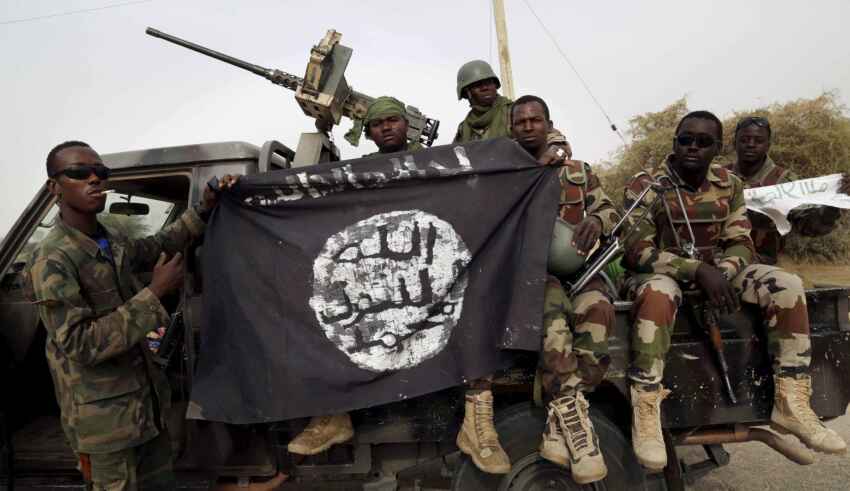
For some years now, Nigeria has been known to be experiencing an increase in violence in the country, especially following the presence of Boko Haram in the country. Many factors contribute to this rising violence: political competition and lack of trust in the system, ethno-religious tensions, and complicity with criminal and non-state actors. In particular, the rise of this violence is related to the changing fortunes of these self-determination groups that promote further fragmentation and internal disputes. As a result, Nigeria currently possesses 60 per cent of all arms in the West African region.
Currently, local authorities in northwestern Nigeria are alarmed by the operations of Ansaru, a former Boko Haram faction created in 2011. This faction justified the killings of Muslims considered infidels as their operation was to protect a vulnerable Muslim-majority community. Over time, citizens gained confidence in Ansaru and established a proto-state that, paradoxically, fostered fear among residents.
These operations, in addition to other factions and armed groups, have expanded their operations across the country and are gaining even more power in northern Nigeria, seeking new partners. This raises a number of concerns that go beyond borders, such as the growing strength of extremist violence organisations from foreign countries, which threatens to exacerbate instability across Africa. The Wagner Group, for example, has already suffered losses in Mali, and the union of the Islamic State in West Africa Providence (ISWAP) and the Islamic State in the Greater Sahara (ISGS) has intensified its operations in a defenceless region prone to extremism and corruption of their respective governments. In general, these operations took place in the Sahel region, where they sought – and eventually achieved – submission and support, as well as protection from attacks by groups linked to government militias. Therefore, we can demonstrate that the conformity between national/regional armed groups in a country with an unstable regime is more strongly influenced by external forces, and more susceptible to becoming extremist, as is the case with the aforementioned group and its correlation with Al-Qaeda or ISIS.
The conflict is not yet closed to resolution, but it is crucial to rethink the extent to which counter-terrorism operations can be entrenched as the best solution for extending security and protection in the region. This is strongly exacerbated by the fact that illegitimate governments are at the heart of these countries, and especially in Nigeria, where the lack of basic services such as education increases the propensity of individuals to join jihadist groups. There is an opportunity to shift from the paradigmatic approach of a militarised response to a more holistic one, one that meets the needs of citizens and the development of the country and the Sahel region as a whole.
References
Iyorah, F. (2023, September 8th). Rivalry among Boko Haram factions compounds violence in northern Nigeria. Al Jazeera. Retrieved from:
Obadare, E. (2022, June 9th). Escalating violence is putting Nigeria’s future on the line. Council on Foreign Relations. Retrieved from:
https://www.cfr.org/in-brief/escalating-violence-putting-nigerias-future-line
Raafat, L. (2021, October). The Schism of Jihadism in the Sahel: How Al-Qaeda and the Islamic State are battling for legitimacy in the Sahelian context. The Middle East Institute. Retrieved from:
By The European Institute for International Law and International Relations.














